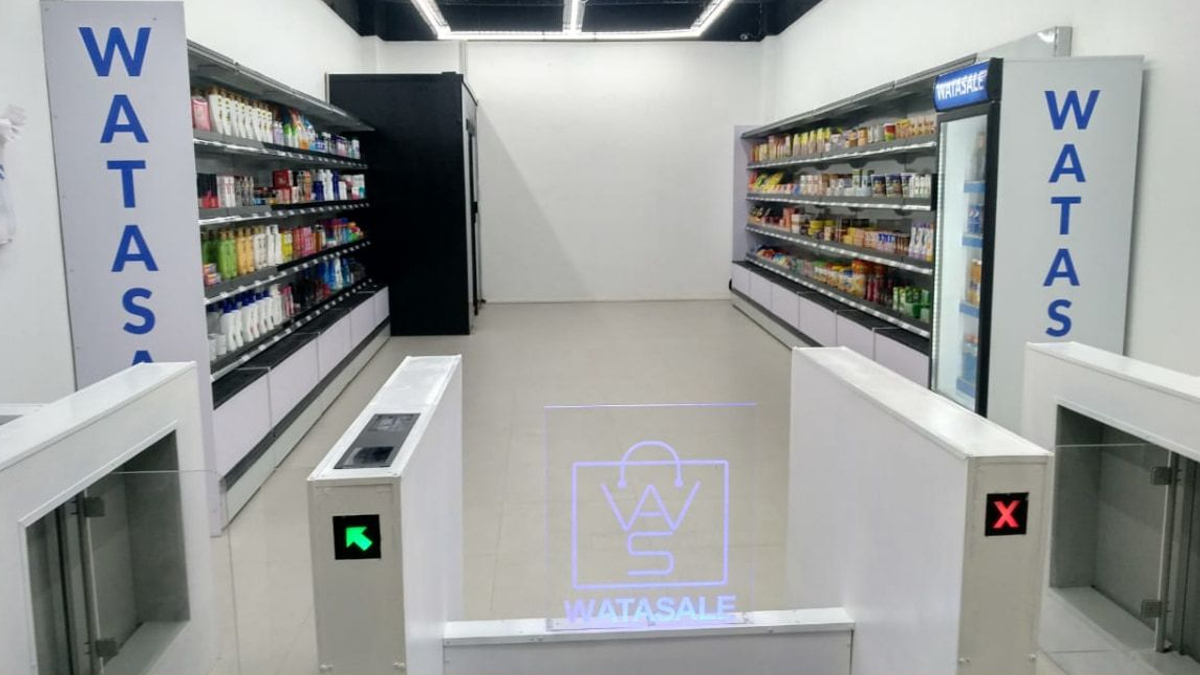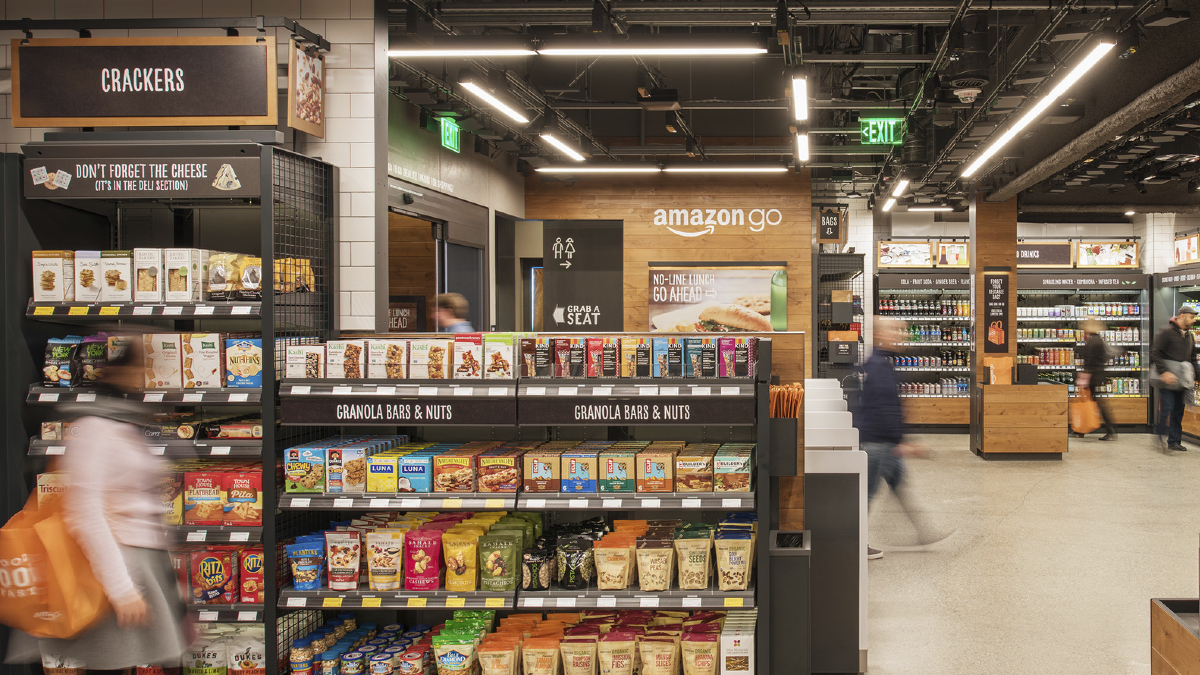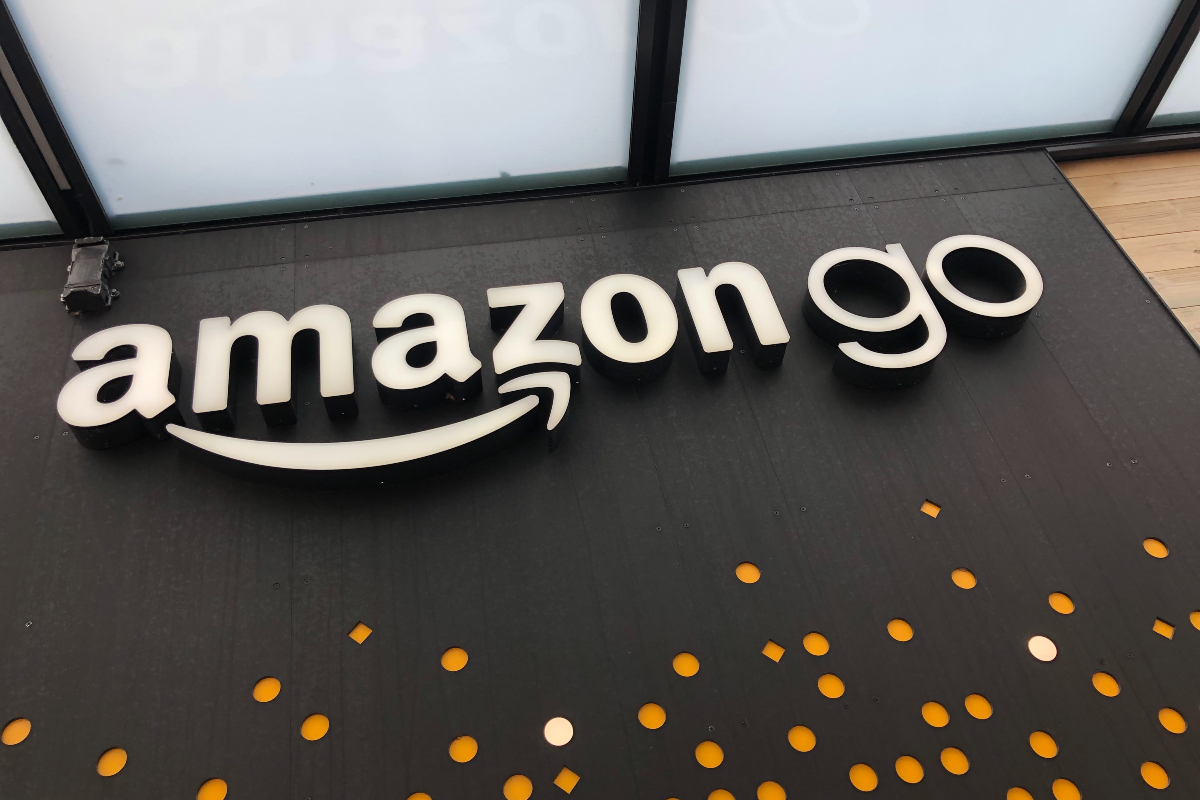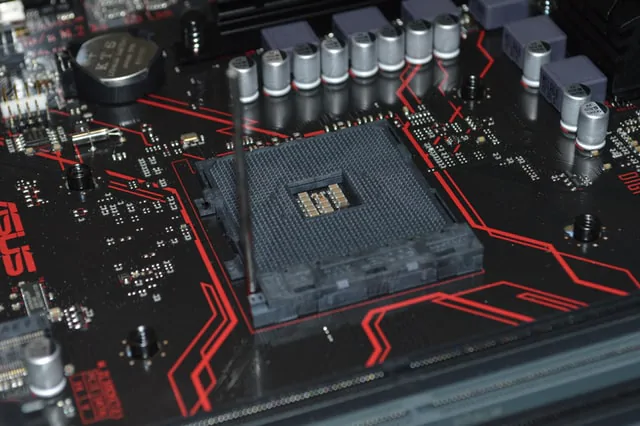Amazon’s steady march to bring Amazon Go-powered instant checkout stores across the U.S. and U.K. has been well-documented. Far less known is that it has also been making some moves to expand the technology in another very key market for the business: India.
TC has learned that Amazon quietly picked up the founders of a cashierless store startup out of the south of India, hired at least 100 more people to bolster the effort, and is still hiring more to build out the team even further.
The hires have included support and software engineers, embedded system experts, computer vision scientists and program managers, all of whom now indicate on LinkedIn profiles that they are working on Amazon Go in the country. Current Amazon recruitment posts point to the company to bring on more to join the effort.
Amazon has set up Just Walk Out technology operations units across cities including Delhi, Hyderabad and Chennai to work extensively on Amazon Go stores. Those operations are being underpinned by what looks like a quiet acquisition the Seattle-headquartered company made of Nayasale Retail, the parent of a startup called Watasale. Watasale is/was a Kochi, Kerala-based startup that claimed to be India’s first Amazon Go-style cashierless store, which it launched in the South Indian state back in January 2018.
Watasale employees have joined Amazon, but it is not fully clear if Amazon has “acquired” or “acqui-hired” the business. Watssale’s website is still functioning, although it appears that a number of links (such as to its app on Google Play, and explanations of how its tech actually works) are no longer active.
The site points to a lot of different technology it was building around the idea of automated check-outs. It notes that the startup had developed technology for operating “micro stores”: vending-style machines that worked using smartphones and QR codes that could be placed into any shop.
It was also working on larger whole-store implementations that, according to the site, leveraged cameras and computer vision and “sensor fusion” to understand shoppers’ actions, along with big data analytics and deep learning to gain insights into consumer behavior, with the idea being to build more complete pictures around purchasing patterns that would be more complicated (if not impossible) to ascertain from more traditional shopping environments.
In both scenarios, Watasale’s technology lets shoppers select items and have them be automatically charged and paid for by way of a prepaid wallet — all of it handled by Watasale, without any need for a cashier or a physical check-out process.
Watasale was also, it seems, working on further technology too, including robot-powered delivery services. Automated delivery, it writes on its site, was a “first in class completely autonomous online delivery concept in the making” in which orders from Watasale stores would be dispatched by robots to a requested nearby location.

A Watasale store in Kochi
“We use a combination of touch sensors, AI and computer vision—pretty much the same technology as in a self-driven car,” Richu Jose, who was at the time the COO of Watasale, said in a pitch-style interview published in an Indian publication StartupTalky. The startup actually started working on its technology in 2015, before Amazon Go was launched, but it seemed to credit the e-commerce giant for essentially confirming their hunch that the area was worth pursuing.
“We started working on the technology in the start of 2015,” Subhash Sasidharakurup, who had been the CEO and CTO of Watasale, said in the same interview. “It was after the announcement by Amazon that they were going to [launch] Amazon Go, similar to our technology, that we were reinstated about our correct direction.”
By January 2020, Jose, Sasidharakurup, and another Watasale director, Subhash Shanoop Sivadas, had all joined Amazon, according to their LinkedIn profiles. Two other directors of the startup, who were based in the U.S., Dileep Elipe Jacob and Vinci George Mathews, exited the board in December 2021, according to the filings with the Indian regulatory body Registrar of Companies.
Amazon and the directors of Watasale did not respond to requests for comment about what, exactly, Amazon has purchased here, but in January 31, 2022, Nayasale Retail requested the Registrar of Companies to remove its name from official records through the provisions of Section 248 (2) of the Companies Act, 2013, filings show. The same filings appear to indicate that the company itself was bootstrapped.
A source told TC that employees at the startup were offered the option to join Amazon and work with the team building the technology behind Amazon Go stores. But it’s not clear whether that is to build technology for stores in existing Go markets like the U.S. and U.K., or for India; nor is it clear what the timing might be for a launch if it’s the latter of those.
Introduced in beta in 2016, Amazon Go was first launched in Seattle. The company later expanded the partially automated stores to other parts of the U.S., including Chicago, San Francisco and New York, as well as to London. In 2020, it also started selling its cashierless store technology to other retailers.
While Amazon has pulled back on some of its brick-and-mortar retail strategy, it appears to be doubling down on stores that are built around its more cutting-edge cashierless tech. Currently, there are 28 Go in the U.S. alone, with two Starbucks Pickup with Amazon Go stores that were launched in November last year.

Amazon Go’s first store in Seattle
Opening up brick-and-mortar stores is a logical extension for Amazon’s bigger play in India, where it has deployed over $6.5 billion to grow its presence in the country.
Although e-commerce is definitely on the rise in the tech-savvy, mobile-friendly country, brick-and-mortar retail remains a huge business. The IBEF, citing data from Payoneer, estimates that e-commerce accounted for 4% percent of both food- and non-food retail in 2020, and that the figure would rise to just 8% by 2025.
That leaves a lot on the table for physical commerce. To that end, Amazon has aggressively explored partnerships with neighborhood stores in recent years. That is, however, a long bet for the company. A report by investment firm Sanford C. Bernstein said last month that Amazon’s spending for growth in India has made its local division’s prospects of turning a profit “elusive.”
And Amazon faces a tough fight with Walmart-owned Flipkart, as well as Mukesh Ambani’s Reliance Retail, which has been expanding of late and outwitted the U.S. firm’s attempt to acquire India’s second biggest retail chain Future Retail.
Yet Amazon is working hard to increase its presence in the country, which is expected to double its e-commerce spending to over $130 billion by 2025, according to Bernstein’s estimates.
Other than inking partnerships with neighborhood stores, Amazon has also acquired stakes in physical retail chains in the country in recent years.
In 2018, Amazon and private equity firm Samara Capital acquired Aditya Birla Group’s food and grocery retail chain More to enter offline retail in the country. The investment arm of the U.S. company also in 2017 bought a 5% equity (PDF) in departmental store chain Shoppers Stop. Nevertheless, it’s not apparent if either of the moves have helped Amazon make inroads with consumers making the majority of their expenses in brick and mortar shops.
Ankur Bisen, senior partner and head of retail, consumer products and food products and services at consulting firm Technopak, told TC that how the Indian ecosystem evolves socially, politically, policy and policy-wise determine a lot of the decisions that Amazon takes.
His estimates are a little brighter than those of IBEF: as much as 85% of the retail sector in the country still comes under traditional retail, he said. Nothing has so far impacted the sustainability of local neighborhood stores in the country, he added.










